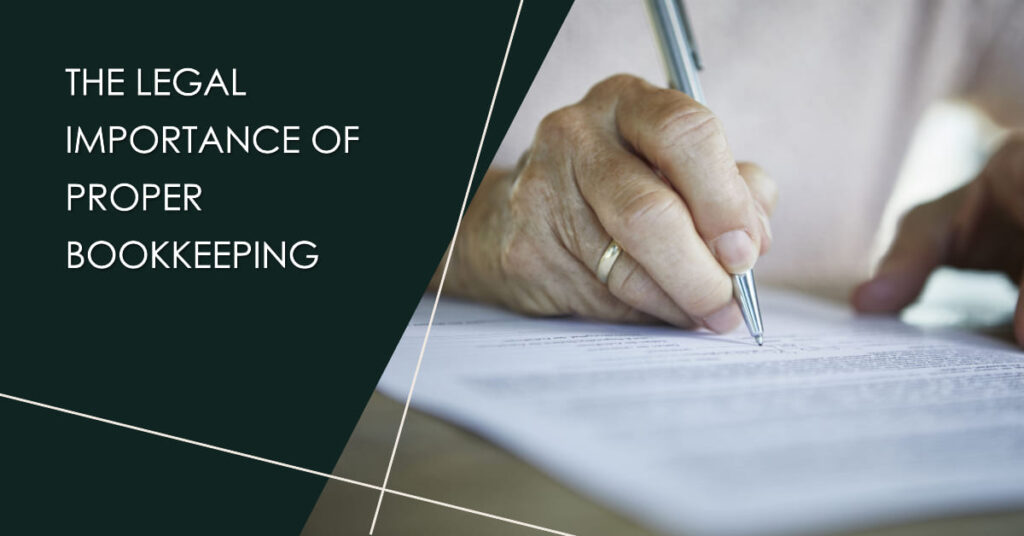Introduction: Are Bookkeeping Services Taxable?
Bookkeeping services are crucial in maintaining accurate financial records for businesses of all sizes. As businesses focus on their core activities, bookkeepers ensure that financial transactions are properly recorded, classified, and organized. But when it comes to taxation, the question arises: Are bookkeeping services taxable? The answer depends on various factors, including the jurisdiction, the type of tax, and the nature of the services provided.
Understanding: Are Bookkeeping Services Taxable?
The taxation of bookkeeping services varies from one jurisdiction to another and is influenced by local tax laws and regulations. Let’s explore the different aspects that determine whether bookkeeping services are taxable.
Type of Tax:
- Value Added Tax (VAT) or Goods and Services Tax (GST): In many countries, bookkeeping services fall under the umbrella of services subject to Value Added Tax (VAT) or Goods and Services Tax (GST). VAT and GST are consumption taxes levied on the value added at each stage of the supply chain. Bookkeepers may be required to charge VAT/GST on their services, and clients are then responsible for paying the tax. However, small businesses might be exempt if their turnover doesn’t exceed a certain threshold.
- Sales Tax: Some regions impose sales tax on services, including bookkeeping. Similar to VAT/GST, bookkeepers might need to collect and remit sales tax to the relevant tax authority.
Exemptions and Thresholds: Are Bookkeeping Services Taxable?
- Small Business Exemptions: Many tax systems provide exemptions for small businesses or self-employed individuals who earn under a certain income threshold. Bookkeepers falling under this category might be exempt from charging or paying certain taxes.
- Type of Client: Depending on the nature of the client (e.g., nonprofit organizations), some jurisdictions may offer exemptions or reduced tax rates for bookkeeping services provided to certain entities.
Local Regulations: Are Bookkeeping Services Taxable?
Local regulations can significantly impact the tax treatment of bookkeeping services. Different regions might have unique rules and exemptions that influence whether these services are taxable or not.
Professional Services Distinction: Are Bookkeeping Services Taxable?
Some tax codes differentiate between general services and professional services. Bookkeeping, often considered a professional service, might have distinct tax implications compared to other types of services.
Reporting and Compliance: Are Bookkeeping Services Taxable?
Irrespective of the tax treatment, bookkeeping service providers have reporting and compliance responsibilities:
Income Reporting: Bookkeepers must accurately report the income earned from providing services as part of their overall income when filing income tax returns. This is essential for maintaining transparency and adhering to tax regulations.
Collecting and Remitting Taxes: If bookkeepers are required to collect taxes (such as VAT, GST, or sales tax) from clients, they need to ensure proper collection, record-keeping, and timely remittance to the tax authorities.
Registration: Depending on local regulations, bookkeepers might need to register for tax purposes, especially if their earnings exceed a certain threshold or if they are providing services in a regulated sector.
Consulting a Tax Professional: Are Bookkeeping Services Taxable?
Navigating the intricacies of tax laws can be complex. It is highly recommended that bookkeepers and their clients seek guidance from qualified tax professionals or accountants who are well-versed in the tax regulations of their specific jurisdiction. These experts can provide up-to-date information and ensure compliance with tax laws.
Conclusion: Are Bookkeeping Services Taxable?
The taxability of bookkeeping services is a multifaceted issue determined by jurisdiction, type of tax, exemptions, and local regulations. Whether a bookkeeping service is taxable or not depends on various factors, including the location of the service provider and client, the type of tax involved, and the specific circumstances of the engagement. To ensure proper compliance, it’s crucial for both bookkeepers and their clients to stay informed about the applicable tax laws and consult with tax professionals when necessary.


